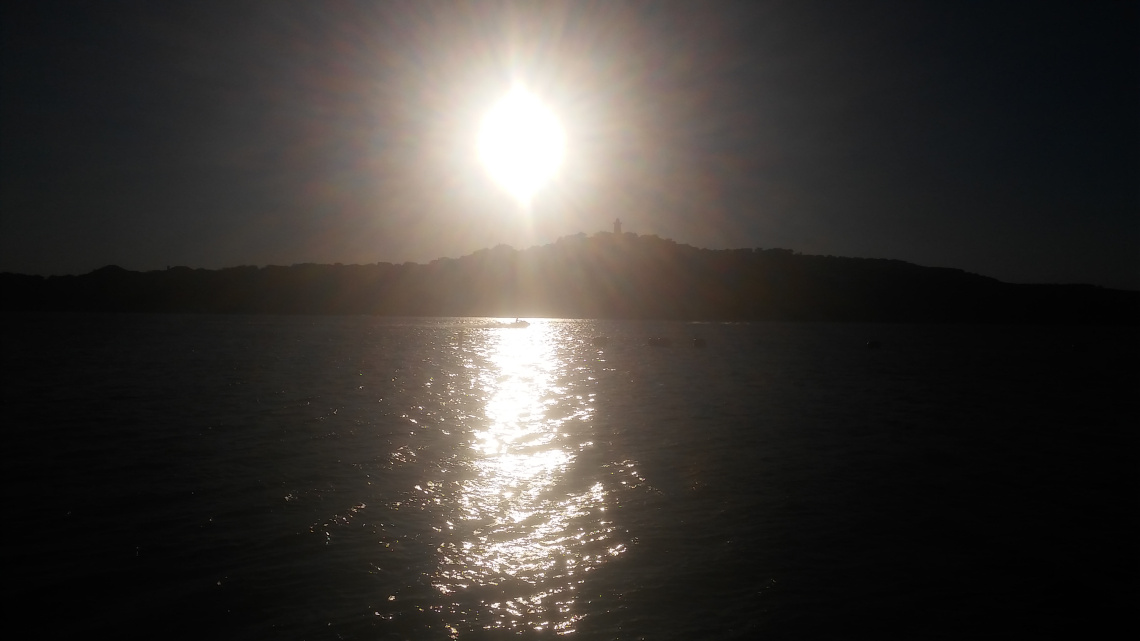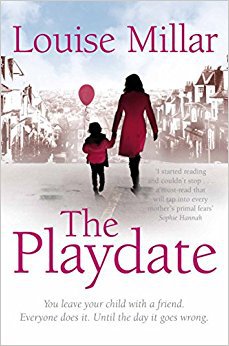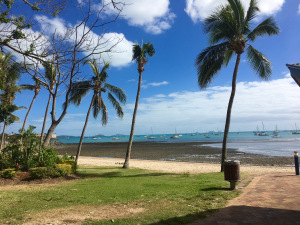About a month before leaving for Mozambique, I took a trip to Cedar Park, Texas to see my mom and stay with my Aunt D. Visiting Mom was always hard. After her stroke, she often seemed pretty distressed, but still happy to see me whenever I showed up. This time, she was barely awake whenever I was there. She barely ate. Her fractured mind drifting even further away.
 Lake Travis, during my last trip to Texas
Lake Travis, during my last trip to Texas
Knowing that I would be leaving the country for the next 27 months, I thought it was likely that this visit would be our final goodbye. I don’t remember my last words to her, or her last look at me. I’m not sure if she was awake the last time I left. The truth is, she was already gone.
I finished up my last few weeks at work. I packed my suitcases chaotically at the last minute. I fled the country. Denver to Philadelphia for staging. Philadelphia to New York to fly to Johanessburg and then on to Maputo. Pre-Service Training took place in Namaacha, near the borders of Swaziland and South Africa. At the end of the sixth week of PST, all of the trainees found where our future homes for the next two years would be. I was placed the farthest north out of all the volunteers in the country, in the province of Cabo Delgado, in a town not far from the Rio Rovuma and the border of Tanzania.
The following week all of us trainees dispersed around the country for our first visits to our sites. We were meant to be there for about two or three weeks, depending on how long it took to to travel there and back. I went from Namaacha to Maputo to Nampula (for a brief conference) to Pemba (the capital of Cabo Delgado) and finally up to my site, here on the edge of Mozambique. A chapa, a flight, a bus, and another chapa carried my further away from home than I had ever been.
I was likely the last volunteer in my cohort to arrive in my site. It was a Friday afternoon. I was the first PCV to live here and definitely the only American in town. My supervisor, a nurse at the health center where my work is based, introduced me to my temporary host family. Unlike other PC countries, we stay with our host family during training, but live on our own during service. The next day, Saturday, I relaxed with my host mãe and siblings, went to the market, practiced a little Portuguese and Makonde, sat on a straw mat, and watched the clouds roll by. No rush to get started with anything yet.
Sunday was Mozambique’s Independence Day. And the day that I found out, via a facebook post of all things, that my mom had died. I had to laugh and I had to cry. Could this possibly happen at a stranger time or in a stranger place? My host mãe came to ask if I wanted to take a bath. I said, “Sim… Mas primeiro, preciso dizer uma coisa.” Yes (because I did need a bath), but first I need to say a thing.
And I told her that my mom, minha mãe Americana, died today. Faleceu hoje. I’m lucky to have a host family that understands Portuguese, since many volunteers don’t. And that my Portuguese wasn’t quite as awful as I thought it was. And it’s fortunate that that I had learned a little in PST about Mozambique’s culture as far as grief and rituals.
My host mãe started wailing, hugged me (which is a rare occurrence here in Makonde culture), and started rocking back and forth, saying, “Não chora, filha! Don’t cry, daughter!” – Which I wasn’t until she told me not to. This attracted the attention of some of her neighbors and friends. They brought out the straw mat, my mãe’s mãe showed up and wrapped me in a capulana and laid me down with my head in her lap, and held my hand. My vovó (grandma) is a slight little Makonde lady with traditional face tattoos who speaks only a few words of Portuguese. She comforted me while I cried and the other women offered words of support in various languages.
Some unknown amount of time passed before I remembered that I still really wanted to take a bath. I had to clench my teeth to stifle a laugh. Who are these people and what am I doing here? It was so absurd. But so beautiful that they all showed up to support this strange American who could barely speak or understand them. I took a few deep breaths, slowly sat up, and explained to my host mãe that taking a bath would make me feel better.
After my bath, I spoke with several Peace Corps staff over the phone and they arranged my trip back to the U.S. for two weeks of emergency leave. I left my site before dawn Monday morning, still Sunday back in the states. And so while all of the other volunteers in my training group were getting to know their new homes, health centers, colleagues, and communities, I was back in America.
There was no funeral. I didn’t go to Texas, didn’t see my mom’s body. I stayed in Colorado, where my dad and brother and Aunt C. and friends and former coworkers were there to support me. Aunt D. was the one who took care of everything with my brother and I merely signing off for the cremation. My dad asked us what would bring us closure, and I still don’t think there’s an answer to that. Some things, most things maybe, don’t have a nice neat ending. Life happens, it changes, then it’s over. So it goes.
Mom was in the same nursing home for five and a half years. I felt a strong sense of relief knowing that she finally made it out. I had often dreamed about her, seemingly mundane situations, and then I’d realize – oh, you’re talking? You got better? I thought you weren’t ever going to get better! And then I’d realize it wasn’t possible and I’d wake up. I wish that she could experience the same sense of relief. Of freedom. I can’t say that I really believe in an afterlife, but at least she is no longer suffering.
During my emergency leave, I enjoyed a lot of American luxuries that I had been missing. Running water that you can drink straight out of the faucet! Getting in bed without having to check my mosquito net! Driving, going out at night, iced mochas and sushi and and grocery stores with dozens of kinds of produce, movies, hiking, swimming, even fireworks for America’s Independence Day… It was all quite overwhelming and unexpected, especially since I hadn’t planned on going back at all during my 27 months in the Peace Corps. But there I was after only two months of training. Reuniting with my dad, brother, stepmom, and Aunt C. for that brief time was just enough to keep me from collapsing back into grief. This death was not a surprise and was not going to shatter my plans the way they had shattered in 2012. (That’s another story, we can go down that rabbit hole in a later post. Or not.)
After this interval of emergency leave, which felt more like a vacation than a period of mourning, I returned to Namaacha to finish training. It was comforting to reunite with the other Moz 28 trainees. They had all kinds of hilarious and horrible and heartwarming stories about their site visits. As for me, I had to wait a little longer to get to know my site. But I finished training, I swore in as an official volunteer, and I’m here now in my new home.
During that last visit to my mom, I had told her that I was going to Mozambique to be a volunteer in the Peace Corps. I don’t know that she understood me. But I hope that I could make her proud. PCVs don’t change the world. We might not change much at all in our communities. It’s often said that we get way more out of the experience than we give. But we try. We learn new languages, meet new people, share our lives and hopefully have a positive impact however small. So I’m here and I’m trying, and I wouldn’t be if it wasn’t for her.
Thank you, Mom. I love you. We can’t change what has already happened, so as they say here when moving on from difficult times, já passou.
[Note: This was written in early November 2017 when I was living in Nangade. It took me a while to get the courage to post it, especially after finding out that I was leaving Nangade. Linear timelines are not my strongsuit.]





